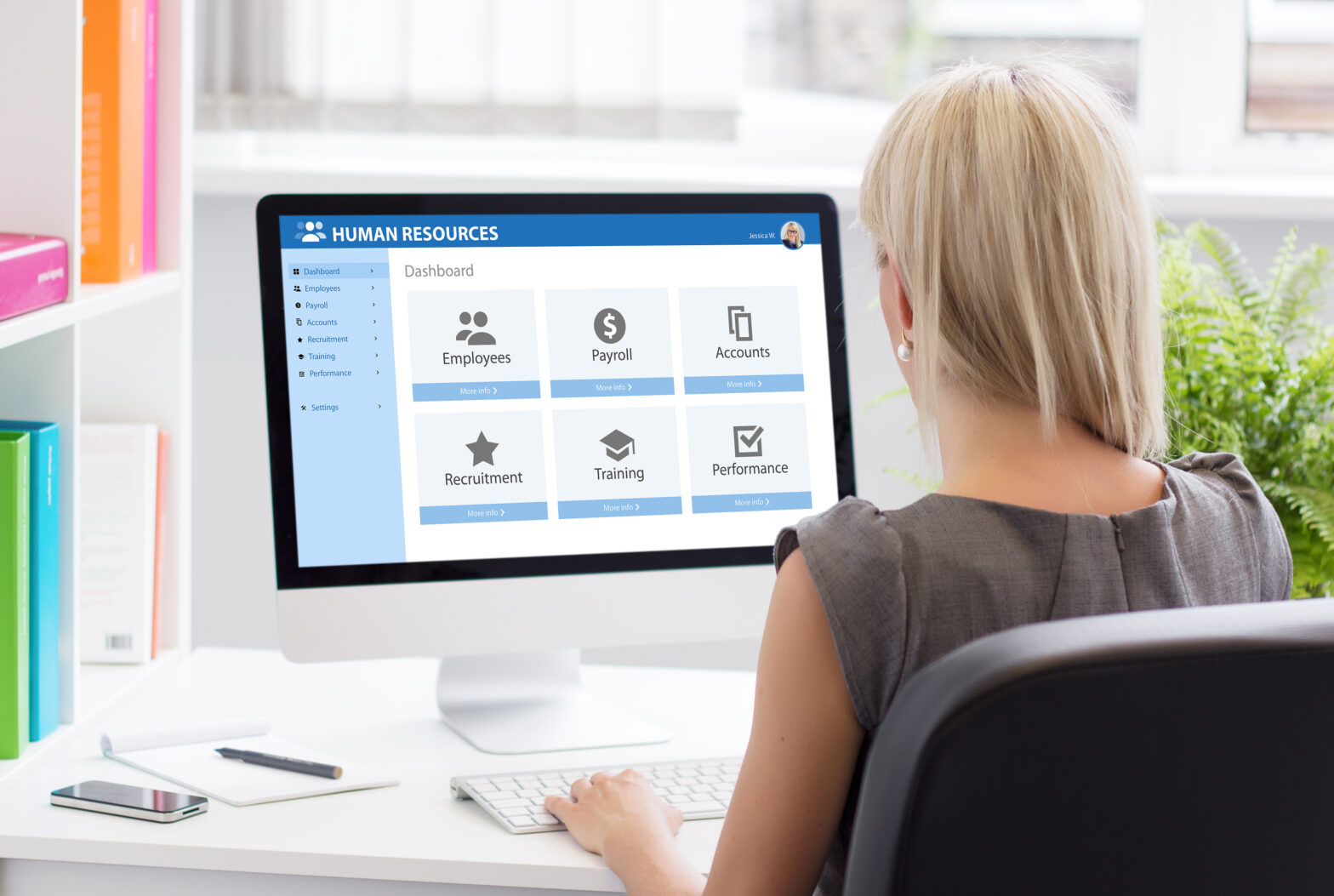It’s National Payroll Week, a chance to celebrate the unsung heroes who ensure the workforce gets paid the correct amount, on time. Most employees only give thought to the processes behind their payslips when there’s a mistake, here’s a chance to show them there’s more to payroll than that.
It’s a particularly appropriate time, given the great return to work as organisations continue to adjust in light of the pandemic and the many changes taking place, not just in payroll departments, but across the HR function.
A brave new world of business
In smaller businesses, the pressures of workplace transformation will be particularly acute, according to Joanne Pringle, payroll product manager at Sage.
“As we return to the new normal, managers may struggle to pack everything into their working day with the many tasks required. We might be accustomed to change management, but there has been an awful lot of change in the last 18 months.
“As with any large changes but even more so in Payroll; you sometimes ask yourself have I got it right, have I understood and checked everything correctly? So it’s important to manage changes in bite-sized, step by step approach to understand what the change means for your business and bringing stakeholders with you.”
Pringle advises taking your time to digest the latest guidance on Covid-related legislative changes impacting your people, such as the unwinding of the national furlough scheme, or new IR35 off-payroll rules. That’s on top of any changes to the structure of your business relating to headcount, contracts and working patterns.
Each employee in your business will have their own unique set of Covid-related challenges, from home-schooling to caring for elderly relatives. They will have different coping mechanisms too, so engagement on a personal level will improve morale and make people feel appreciated.
Listen to the concerns of your colleagues and develop a plan collaboratively. It’s equally important to give yourself time and space. Many small business owners feel like they must know everything, but there is a multitude of places you can go for advice and support, including your accountant, HR advisor or a regulatory body like HMRC.
“Every business is different, so you have to move forward with what works for you, your people and your customers” says Pringle. “Sage introduced a hybrid way of working, which we called Flexible Human Work. We developed this alongside our colleagues and it has been
brilliant in shifting the focus from when and where we work, to continue to deliver the best possible outcomes for our customers.
“In the thick of the pandemic, we made sure we stayed connected to our colleagues through a range of informal and formal activities, such as team stand-up meetings, daily newsletters and surveys. This insight gathered from these led us to introducing added support mechanisms. For instance, colleagues were offered three ‘wellbeing days’, which proved a powerful help that encouraged them to switch off from work and enjoy extra ‘downtime’. We also made the fantastic Headspace app available to everyone free of charge. Sage is obviously a large global business, but the principle need to look after your people is the same for everyone, no matter your company’s size. Happier and healthier colleagues make for a more compassionate and collaborative workforce. The key here is to stay connected to your people. Andensure you understand how they think and feel so you can continue to support, encourage and motivate them.
Focus on the future
When it comes to payroll professionals, new innovations can relieve some of the burden and help them work smarter. The best payroll software eliminates mundane data entry exercises and paper-based filing, allowing people to channel their experience into getting the most out of the data flowing through the system.
As your business grows, payroll may become more complicated, so professionals should allow time to get to grips with various topics, including pensions and benefits in kind, for example.
“The impact of the pandemic will be completely different for each business,” says Pringle. “For some, not a lot will change, others will transform and scale as they move into new markets and seize opportunities. With that might come new compliance for payroll and HR managers to understand.
“There might be more accrued holiday because people work in a different way during the pandemic; you might need to handle people returning from furlough and, potentially, have to deal with people in multiple locations instead of just a single hub HQ.”
Recent changes to the national minimum wage, for example, mean that younger people now qualify for the top band of pay. Software through reporting or other means will help you understand the impact this has on your bottom line and provide a platform of information with which you can respond.
Pringle says: “With cloud-based software, updates are automatic, so you don’t have to worry whether your system covers the latest regulations.
“As a business, you must ensure you are compliant, but payroll software that is HMRC-recognised will ease a lot of that burden for you, so you can focus on changes within your business.”
National Payroll Week is a chance to show our appreciation for the people who settle our wages, but it’s also a time to reflect on the changing role of payroll professionals. With the right tools, they can help your business thrive in the post-Covid world.
Sage Payroll is a cloud-based payroll solution that helps you manage everything payroll related in just a few clicks. Find out how to boss your payroll with Sage.
This article is part of a paid-for information campaign for Sage





